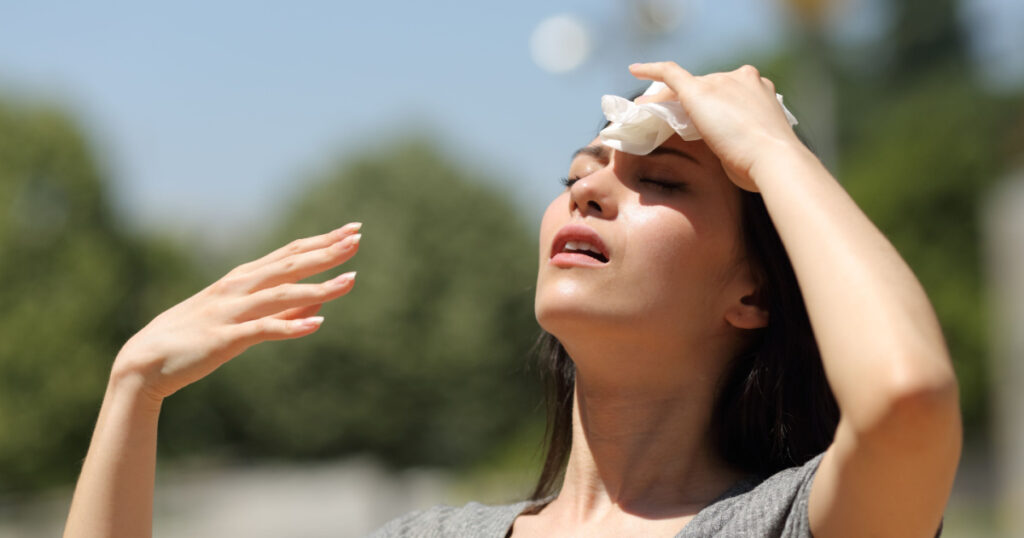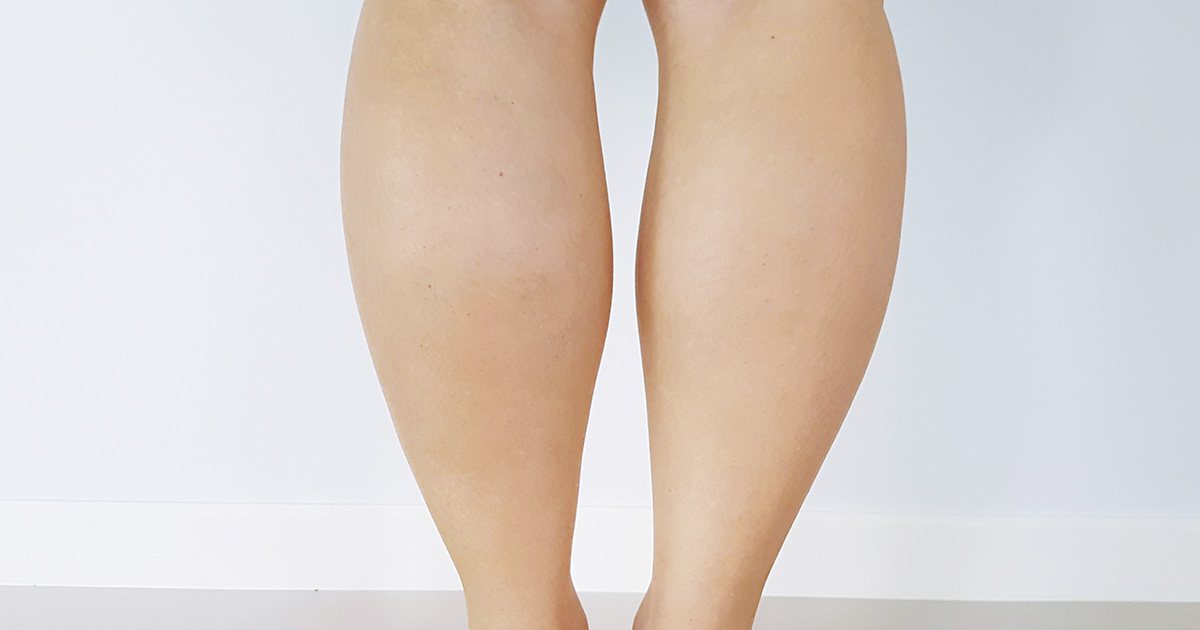Fluid retention, also known as edema, is a condition where excess fluid accumulates in the body’s tissues. It can cause swelling and discomfort; in some cases, it may be a symptom of an underlying health issue. Understanding the causes of fluid retention is essential in order to prevent it from occurring. In this article, we will explore these seven things that can cause fluid retention and provide natural approaches to manage and avoid it.
What Is Fluid Retention?
Fluid retention is when excess fluid accumulates in the body’s tissues. It can cause swelling and discomfort; in some cases, it may be a symptom of an underlying health issue. Often, fluid retention occurs due to excessive sodium intake or dehydration. (1)
7 Common Causes of Fluid Retention
The hard part is that it can accompany so many conditions that sometimes it takes time to figure out what that is. Knowing some of the most common causes of fluid retention can help you narrow it down and avoid it from happening in the first place. (2)
1. High Sodium Intake

Consuming a high amount of sodium can lead to fluid retention as it encourages water retention in the body. To avoid this, limit your sodium intake by avoiding processed and packaged foods, as they contain high levels of sodium. Opt for fresh and whole foods that are naturally low in sodium. In addition, consider adding high-potassium foods to help balance out your sodium intake, such as bananas, avocados, and spinach.
2. Lack of Physical Activity

Leading a sedentary lifestyle can contribute to fluid retention. Regular exercise helps to stimulate blood circulation and prevent fluid buildup in the tissues. Engage in activities such as walking, cycling, or swimming, as they promote movement and help reduce fluid retention. If you have to sit or stand all day for work, try incorporating some movement into your breaks, such as walking, yoga, or stretches that get you moving and bending.
3. Hormonal Changes

Hormonal fluctuations, particularly during menstruation and pregnancy, can be a cause of fluid retention. To manage this, ensure you maintain a balanced diet and stay hydrated. Some women find relief by incorporating diuretic foods like cucumber, watermelon, and citrus fruits into their diet. Different birth control medications will also affect fluid retention. Most oral birth control pills cause water retention, but as to how much depends on the pill and the woman taking it.
Read: 14 Self-Help Tips for Sciatica That Truly Work
4. Inadequate Hydration

Believe it or not, dehydration can actually lead to fluid retention. When the body lacks sufficient water, it goes into survival mode and holds onto fluids. Therefore, it’s important to drink an adequate amount of water daily. Aim for at least eight glasses of water a day and increase intake during hot weather or physical activity. In really hot weather, adding electrolyte powder to your water is advisable, especially if you are active. Not only will they help you stay hydrated, but they will help keep your sodium-potassium balance in check. Some electrolyte formulas may be very high in sodium, which is something to consider if you want to avoid high levels of sodium in your diet.
5. Prolonged Sitting or Standing

Sitting or standing for long periods of time can impair circulation and result in fluid retention. To prevent this, make it a habit to take short breaks and stretch your legs during long periods of sitting or standing. Go for a walk on your breaks. Gentle leg exercises, such as ankle rotations and toe raises, can also help improve circulation.
6. Certain Medications

Certain medications, such as corticosteroids, nonsteroidal anti-inflammatory drugs (NSAIDs), and some antidepressants, can cause fluid retention as a side effect. If you suspect that your medication is contributing to fluid retention, consult your healthcare provider. They may be able to adjust your dosage or recommend an alternative medication.
7. Stress

High levels of stress can disrupt hormone balance and impair circulation, which can contribute to fluid retention. Practice stress management techniques such as meditation, deep breathing exercises, or engaging in activities that help you relax and unwind. These approaches can help reduce the likelihood of fluid retention.
Natural Approaches to Manage Fluid Retention
There are plenty of natural ways you can help your body get rid of retained fluid. These often are the same practices that will help you prevent fluid retention in the first place. These include:
- Increase potassium intake: Foods rich in potassium, such as bananas, avocados, and leafy greens, can help regulate fluid balance in the body. Speak with your doctor if you are on a low potassium diet.
- Try herbal diuretics: Certain herbs, like dandelion, parsley, and ginger, have diuretic properties that can aid in reducing fluid retention. Consult with a qualified healthcare provider before incorporating these herbs into your routine. This is especially so if you are on medications, pregnant, or breastfeeding. (3)
- Elevate the affected area: If you notice swelling in a particular area, elevate it above heart level to encourage fluid drainage.
- Compression garments: Wearing compression socks or stockings can help promote blood circulation and reduce fluid buildup in the legs and feet.
- Avoid excessive salt: Limit your salt intake, as a high-sodium diet can contribute to fluid retention.
By being aware of these common causes of fluid retention and taking proactive steps to manage and avoid them, you can reduce the likelihood of experiencing it. Incorporating natural approaches, such as a balanced diet, regular exercise, and stress management, can further support your efforts in maintaining a healthy fluid balance in your body.
Read: 9 Reasons Your Toes Cramp and How to Deal With Them
Disclaimer: This information is not intended to be a substitute for professional medical advice, diagnosis or treatment and is for information only. Always seek the advice of your physician or another qualified health provider with any questions about your medical condition and/or current medication. Do not disregard professional medical advice or delay seeking advice or treatment because of something you have read here.
Sources
- “Edema.” Cleveland Clinic
- “Fluid retention (oedema).” Better Health
- “Can natural diuretics reduce fluid retention and help with weight loss?” Mayo Clinic. Katherine Zeratsky, R.D., L.D.

